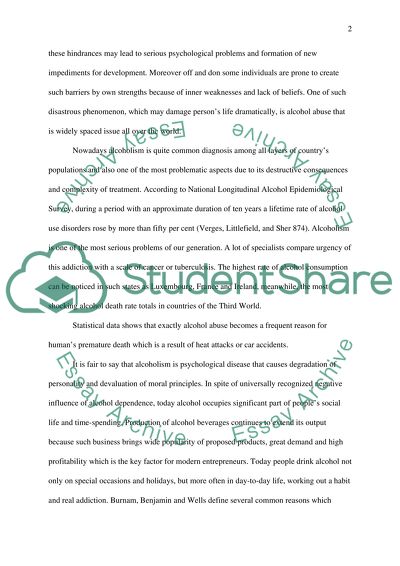Cite this document
(“Alcoholism and Human Development Research Paper”, n.d.)
Alcoholism and Human Development Research Paper. Retrieved from https://studentshare.org/health-sciences-medicine/1435975-alcoholism-and-human-development
Alcoholism and Human Development Research Paper. Retrieved from https://studentshare.org/health-sciences-medicine/1435975-alcoholism-and-human-development
(Alcoholism and Human Development Research Paper)
Alcoholism and Human Development Research Paper. https://studentshare.org/health-sciences-medicine/1435975-alcoholism-and-human-development.
Alcoholism and Human Development Research Paper. https://studentshare.org/health-sciences-medicine/1435975-alcoholism-and-human-development.
“Alcoholism and Human Development Research Paper”, n.d. https://studentshare.org/health-sciences-medicine/1435975-alcoholism-and-human-development.


